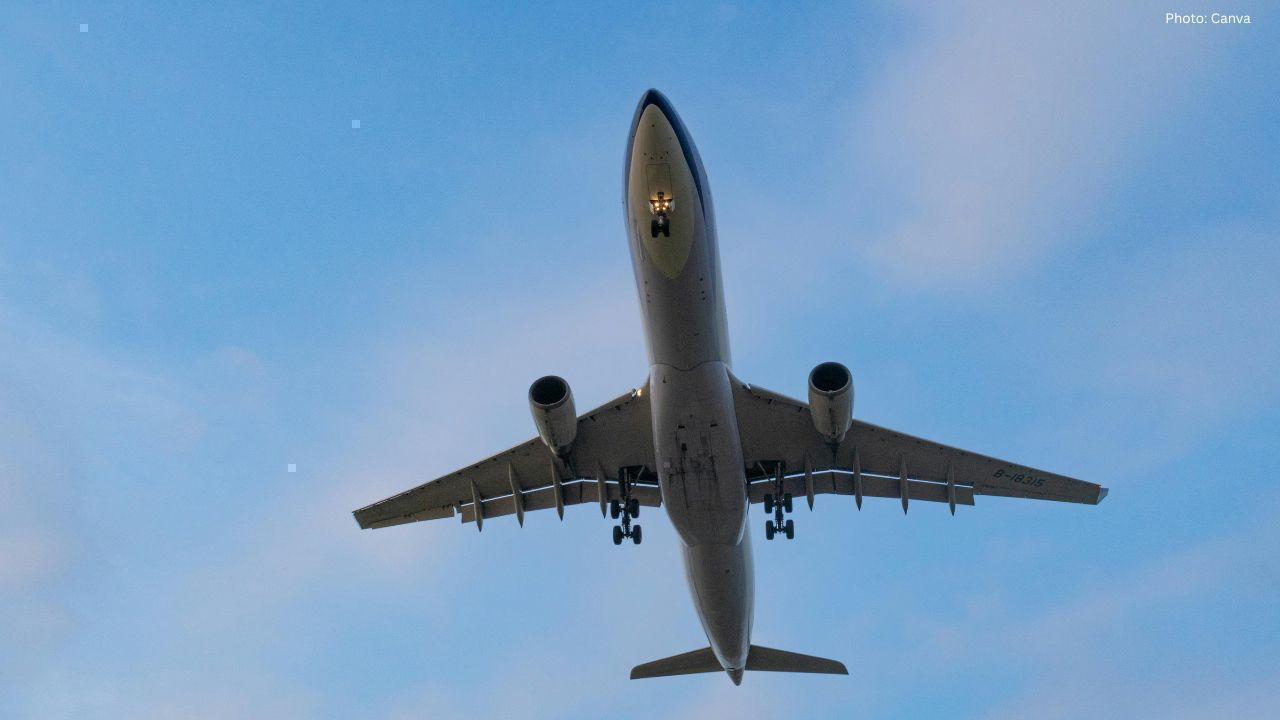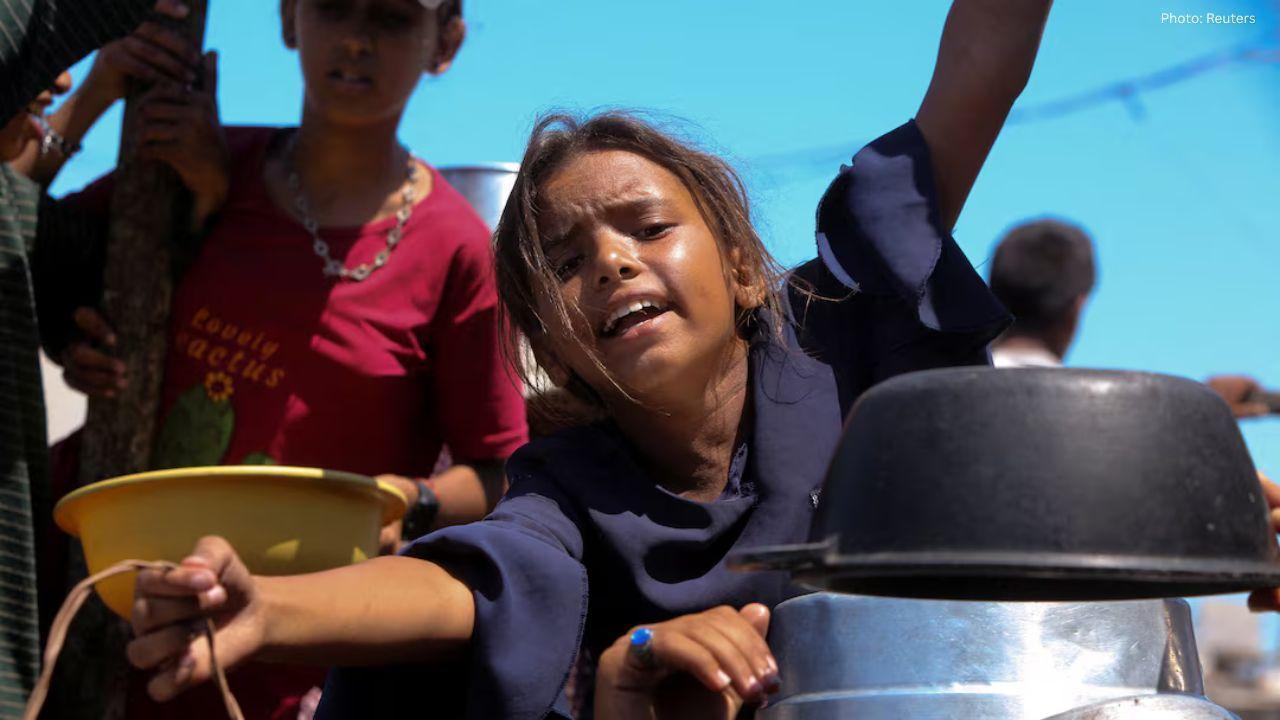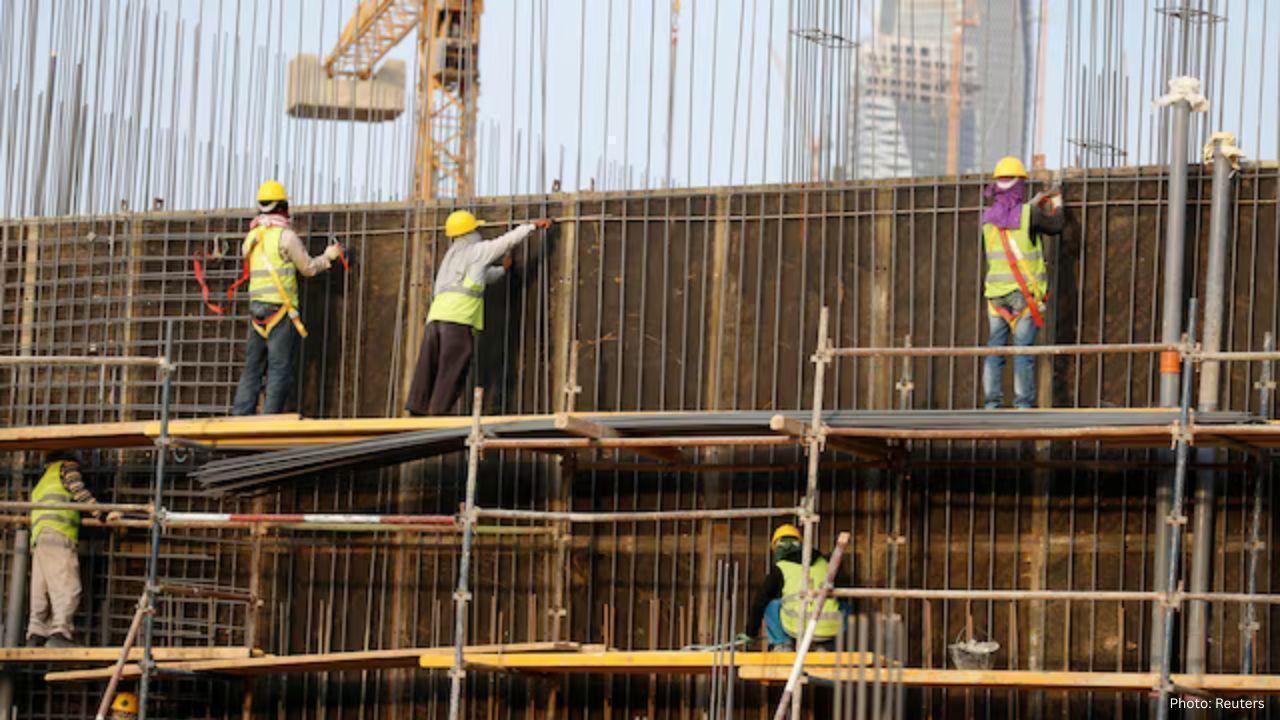You have not yet added any article to your bookmarks!

Join 10k+ people to get notified about new posts, news and tips.
Do not worry we don't spam!

Post by : Anis Farhan
The year 2025 is shaping up to be a milestone for Asia, with political transitions, global sporting spectacles, and cultural celebrations dominating the calendar. As nations gear up for critical elections, major infrastructure projects, and international events, the region is not only reaffirming its position as an economic powerhouse but also embracing a dynamic sociopolitical evolution. The unfolding events this year will define Asia’s global image, influencing trade, diplomacy, and cultural exchange for decades to come.
2025 is a pivotal year for several Asian countries holding national elections, including India, Indonesia, and South Korea. These elections carry weight far beyond their borders, shaping economic policies, diplomatic ties, and regional stability. India’s general election is particularly significant as it is expected to test the popularity of the current administration while raising questions about economic growth, technology adoption, and social reforms.
Indonesia, Southeast Asia’s largest economy, is also set to elect new leadership amid growing concerns over climate change, urban development, and energy transition. Meanwhile, South Korea’s elections will not only focus on domestic economic challenges but also the evolving security landscape, especially in relation to North Korea and broader regional dynamics. These political shifts will be closely watched worldwide as they set the tone for governance and development in Asia’s fastest-growing markets.
Sports enthusiasts have much to look forward to this year, with Asia playing a central role in hosting major tournaments and championships. The Asian Games, set to take place in Riyadh, is among the biggest highlights, showcasing the athletic prowess and cultural diversity of the continent. This event will bring together thousands of athletes from across Asia, symbolizing unity and competitive spirit.
In addition, cricket continues to dominate conversations in South Asia, with major tournaments lined up, including the Asia Cup and regional leagues attracting global attention. Beyond cricket, sports such as football, badminton, and e-sports are gaining unprecedented traction, reflecting Asia’s evolving sports ecosystem and its growing influence on the global stage.
2025 is also a transformative year for Asia’s economies, with multiple trade agreements and infrastructure initiatives driving regional integration. Countries like Vietnam, Thailand, and Malaysia are witnessing rapid industrial growth, fueled by foreign investment and digital transformation. The Regional Comprehensive Economic Partnership (RCEP) continues to shape trade dynamics, creating new opportunities for businesses while challenging traditional trade models.
Moreover, Asia’s focus on renewable energy, green finance, and technology-driven industries is setting a precedent for sustainable economic development. Initiatives like smart city projects in Singapore and massive digital payment expansions in India underscore the continent’s commitment to future-ready growth. These developments are expected to not only strengthen Asia’s economic position but also influence global markets in sectors such as technology, manufacturing, and finance.
Asia’s cultural calendar for 2025 is packed with vibrant festivals, art exhibitions, and international collaborations. From the Lunar New Year celebrations in China to Diwali in India and Songkran in Thailand, cultural traditions are drawing global attention, promoting tourism and cross-cultural understanding. The influence of K-pop, anime, and Asian cinema continues to surge worldwide, reshaping global entertainment trends and creating new opportunities for cultural diplomacy.
Additionally, global events like World Expo 2025 in Osaka, Japan, are expected to spotlight innovation, sustainability, and cultural exchange on an unprecedented scale. With participation from over 150 countries, this event will further cement Asia’s role as a hub of creativity and economic resilience.
Asia’s tech sector remains a driving force in 2025, with groundbreaking innovations in artificial intelligence, digital finance, and smart mobility taking center stage. Countries like China, South Korea, and Singapore are investing heavily in AI-driven solutions, reshaping industries ranging from healthcare to logistics. Startups across the region are thriving, attracting record funding and fostering a culture of innovation that positions Asia as a leader in the global tech race.
At the same time, cybersecurity and data privacy have emerged as critical concerns, prompting governments and businesses to implement stricter regulations and robust defense mechanisms. This balance between innovation and security will define Asia’s digital future and its ability to maintain global competitiveness in an era of rapid technological change.
While economic and technological advancements take center stage, Asia also faces pressing environmental challenges in 2025. Rising sea levels, extreme weather events, and urban pollution continue to threaten sustainability. In response, several countries are accelerating efforts to meet climate targets, with initiatives focusing on renewable energy, sustainable agriculture, and green transportation.
China’s ambitious push for carbon neutrality, India’s investment in solar energy, and Japan’s focus on hydrogen technology highlight the region’s commitment to combating climate change. However, the success of these initiatives will depend on regional cooperation, international support, and the active participation of businesses and communities.
The year 2025 is a defining chapter for Asia, marked by political transformations, economic opportunities, cultural milestones, and technological breakthroughs. As the region navigates these changes, its role on the global stage will only grow stronger, shaping policies, innovations, and cultural narratives worldwide. Whether through democratic processes, athletic excellence, or groundbreaking innovations, Asia is demonstrating its resilience, diversity, and leadership in an ever-evolving world.
The information provided in this article is intended for general informational purposes and reflects events and trends anticipated in 2025. Readers are encouraged to refer to official sources for updates on specific events, policies, and announcements.










Two Telangana Women Die in California Road Accident, Families Seek Help
Two Telangana women pursuing Master's in the US died in a tragic California crash. Families urge gov

Ranveer Singh’s Dhurandhar Roars Past ₹1100 Cr Worldwide
Ranveer Singh’s Dhurandhar stays unstoppable in week four, crossing ₹1100 crore globally and overtak

Asian Stocks Surge as Dollar Dips, Silver Hits $80 Amid Rate Cut Hopes
Asian markets rally to six-week highs while silver breaks $80, driven by Federal Reserve rate cut ex

Balendra Shah Joins Rastriya Swatantra Party Ahead of Nepal Polls
Kathmandu Mayor Balendra Shah allies with Rastriya Swatantra Party, led by Rabi Lamichhane, to chall

Australia launches review of law enforcement after Bondi shooting
Australia begins an independent review of law enforcement actions and laws after the Bondi mass shoo

Akshaye Khanna exits Drishyam 3; Jaideep Ahlawat steps in fast
Producer confirms Jaideep Ahlawat replaces Akshaye Khanna in Drishyam 3 after actor’s sudden exit ov